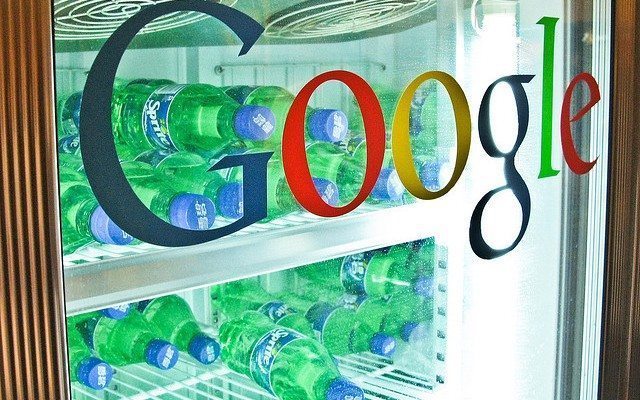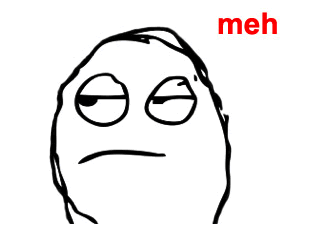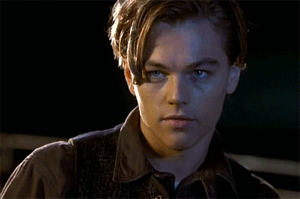
IP & Copyright
Copyright Law: Why Google Doesn’t Have Time for That
The road to the Google Books Library Project was paved with good intentions. Equalize the reach of books to anyone with Internet access. Oh, and make the books free. Knowledge for the people.

But somewhere beneath this pavement there was a hitch — copyright law. A lot of the books that were digitized for public access were under copyright. However, I must note that the scanned books were only available in snippets and wholly scanned so that they could be researched through the Project’s online card catalogue. Is this a violation of copyright law or is it fair use? At first glance, I thought this was quite clearly copyright infringement, but upon deeper exploration I had to agree that the Google Books Project could be interpreted as transformative. But here’s how I really feel: it’s a stretch and I don’t respect it.
Let’s explore how the suit against Google has been unfolding.
On December 23, the Authors Guild, a coalition that aims to promote the copyright protection of written works, announced their intention to appeal the dismissal of their lawsuit against Google. The suit centered on the notion that Google was infringing on the copyrights of numerous authors by scanning more than 20 million books for the Google Books Project without the authors’ permission. Though the Project’s stated purpose is to “make it easier for people to find relevant books while [also] respecting authors’ and publishers’ copyrights,” the contested point here is this: when does fair use cross the boundary into infringement?
Because I thought that blatantly copying another’s entire work without their permission would be an obvious case of infringement.

The suit was initially filed more than eight years ago and was abruptly dismissed by a New York Circuit judge on the basis that the Project doesn’t actually harm the creators of these written works. Granting a summary judgment motion in Google’s favor, the judge referenced the defenses of fair use and transformation. He made a point to factor in the educational purposes fulfilled by the Project in his determination that the Project was transformative. Ok. Sure.

I guess you could say that taking anothers’ works and printing them verbatim for your own use hidden by the pretext of ‘education for all’ would transform your creation into something new. Sure. Like I said, there are definitely some good intentions here, and I’m all for wider dissemination of book content. But I’m just not buying why these authors shouldn’t be compensated or why their permission isn’t needed.
Does anyone remember the Harry Potter case? Five years ago, someone attempted to create a Harry Potter encyclopedia for pretty much the same purpose as Google Books – to make information easier to find. However, in that case, the judge ruled that while the online guide was slightly transformative because it put all of the terms into one source, it still didn’t satisfy the defense of fair use because of the amount of verbatim text taken from the Harry Potter books. Is Google not doing the exact same thing? Are they not copying the books verbatim and offering them to the public without author compensation or permission? Who is Google to determine the appropriate amount of content to freely display to the public?
Which brings me to my next question — does Google win merely because they are Google? These books were created to entertain, to educate, and to bring forth whatever purpose the author may have fathomed. So in my opinion, the only new purpose that Google is adding is dissemination. I guess now we can take entire books and create our own educational or research-related excuse for stealing them and have the courts deem it a “transformation.” Google shouldn’t be allowed to decide the amount of content that can be utilized in creating this reference bank — the authors should. And the authors should’ve been given a voice throughout the Project’s entire creation.
I truly appreciate what Google Books stands for as far as enlarging the audience for these books and making intellectual power more easily obtainable. I just don’t understand why Google, with their absurd amount of wealth, couldn’t settle with the authors who created the information they wish to share — even after eight years! This case is nothing more than a power play by Google to remind us who’s in charge.
The Google Books Project should exist, but not without compensation to those who built it. Compiling information is not the same as creating it.
Gena.
—
Gena Thomas, a recent graduate of Howard University School of Law, was born and raised in Lafayette, Louisiana. A graduate of The University of Texas at Austin, she enjoys watching scary movies and acquiring calories from chocolates of all sorts. Get in touch with Gena via email here.
Featured image courtesy of [Aray Chen via Flickr]








Comments